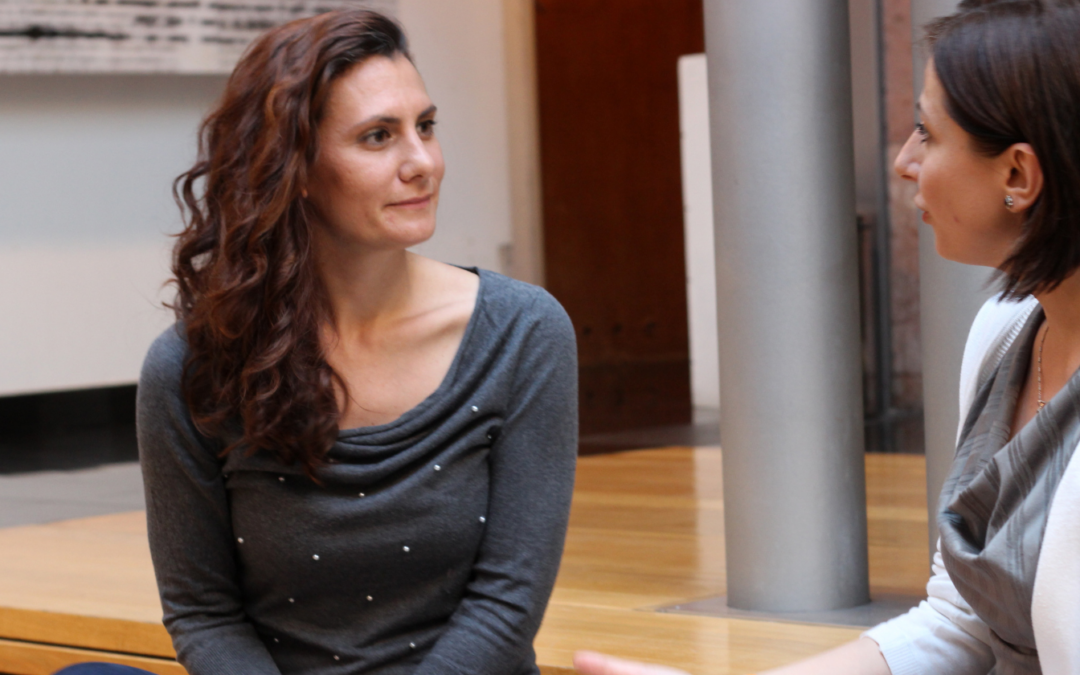If you’ve ever wondered if someone in your life is feeling lonely but trying their best to hide it, you’re not alone.
Loneliness is a complex psychological state, and it’s not always easy to spot – especially when someone is trying to keep it under wraps.
As a human being, we all experience loneliness at times, and it doesn’t necessarily mean someone is alone. They could be surrounded by people and still feel lonely.
Psychologists have identified some subtle signs that someone might be experiencing loneliness but doing their best to conceal it.
This isn’t just about being an exceptional observer, but understanding the complexities of human emotions.
It’s time to understand more and judge less.
When someone is feeling lonely but doesn’t want others to know, they might overcompensate in social situations.
This could mean they’re constantly trying to make others laugh, being overly helpful, or always the one to initiate plans.
They might put a lot of energy into appearing happy, outgoing, and carefree in public.
This excessive social behavior can be a way of masking their internal feelings of loneliness.
It’s like they’re putting on a performance to distract both themselves and others from what’s really going on inside.
This isn’t about judging or labeling them as fake or superficial. It’s about understanding that this could be a coping mechanism for their feelings of loneliness.
They might fear that if they show any signs of unhappiness or loneliness, people will not want to be around them.
If you notice someone in your life always being the life of the party, but they never open up about their own feelings or struggles, they might be experiencing hidden loneliness.
It’s important to approach them with understanding and empathy rather than jumping to conclusions.
2) Constantly busy with tasks and projects
You might think that someone who’s always engaged in work, hobbies, or projects is content and fulfilled. However, this could actually be a sign of hidden loneliness.
Staying continuously occupied might be their way of avoiding feelings of loneliness or emptiness.
It’s not that they’re necessarily passionate about all these tasks and projects, but rather they use them as a distraction.
These individuals might fear being alone with their thoughts and feelings because that’s when the loneliness hits hardest.
By staying busy, they can keep their minds off their emotional state and avoid dealing with the pain of feeling isolated or disconnected.
The key takeaway here is not to assume that constant business equates to happiness or fulfillment.
Sometimes, it could be a mask for underlying feelings of loneliness. Next time you see someone always on the go, consider that there might be more to their story.
In today’s digital age, social media is often used as a tool to stay connected with others.
Spending excessive time scrolling through social media feeds could be a sign of hidden loneliness.
Research has shown that people who spend a lot of time on social media may actually feel more isolated.
One theory is that seeing others’ highlight reels can make someone feel like they’re missing out or not living up to expectations, exacerbating feelings of loneliness.
Moreover, the virtual connections made on these platforms often lack the depth and intimacy of face-to-face interactions, which can leave individuals feeling more alone.
This isn’t to say that everyone who uses social media extensively is lonely.
But if you notice someone in your life constantly online, it could be because they’re trying to fill a void of real-life social connections.
It’s important to reach out and offer genuine interactions and support.
People who are experiencing concealed loneliness may often take on the role of the listener in conversations.
They’re there for others, always ready to lend an ear or offer advice. But when it comes to sharing their own feelings or experiences, they hold back.
This might be because they fear being a burden to others or they believe their feelings are not important enough to share.
In their mind, keeping their struggles to themselves is easier than risking rejection or misunderstanding.
It’s not that these individuals don’t want to share, it’s that they’re unsure of how others will react or if others will care.
If you notice someone always being there for others but seldom opening up about their own experiences, take a moment to gently encourage them to share.
Let them know their feelings matter and they’re not alone. It could mean the world to them.
5) Preferring to communicate through texts or emails
We’ve all been there – sometimes it’s just easier to send a text or an email than to have a conversation face-to-face or over the phone.
But for someone who’s experiencing hidden loneliness, this might be their preferred mode of communication.
They might find it easier to express themselves through written words, where they have the time and space to think and respond.
It allows them to keep a safe distance, avoiding the emotional vulnerability that comes with face-to-face or voice communication.
This isn’t about shunning personal interactions altogether, but about comfort zones.
If you notice someone frequently opting for digital communication over personal interaction, it could be that they’re dealing with feelings of loneliness they’re trying hard to conceal.
Every text or email could be a silent call for connection.
Respond with kindness and understanding. It’s the small things that often make the biggest difference.
I once had a friend who was always up for hanging out when I suggested it, but rarely initiated plans herself. At first, I thought she was just shy or didn’t enjoy planning.
But over time, I realized it was because she was dealing with hidden feelings of loneliness.
She was worried that if she reached out first, she would be seen as needy or bothersome. She held back, waiting for others to take the initiative, often spending her time alone as a result.
If you notice someone in your life who rarely initiates social interactions but always seems eager to participate when invited, they could be experiencing hidden loneliness.
It’s not that they don’t want to connect; they’re just unsure of how their efforts will be received.
Let them know it’s okay to reach out and that their company is appreciated.
All it takes is a simple reassurance to help someone feel more connected.
7) Often downplaying their achievements
People who are feeling lonely might downplay their own accomplishments.
They might think that their achievements are insignificant or that no one would care about them.
This kind of self-deprecating attitude can be a sign of hidden loneliness.
Look, everyone has their own pace and path in life. Achievements, big or small, are worth celebrating.
If you know someone who brushes off their accomplishments as if they don’t matter, it’s time to step in.
Remind them that every step forward is a victory, and it’s okay to take pride in their own progress. They deserve to celebrate their successes just as much as anyone else does.
Once in a while, we all need a little push to acknowledge our own worth.
8) Avoiding personal questions
One of the most telling signs of hidden loneliness is when someone consistently avoids answering personal questions.
They may deflect, change the subject, or give vague responses when asked about their feelings or personal life.
This avoidance is often driven by a fear of vulnerability or a belief that their feelings are unimportant or burdensome to others.
But here’s the thing – everyone’s feelings matter. Everyone deserves to be heard and understood.
If there’s someone in your life who always seems to dodge personal questions, it might be because they’re feeling lonely but trying hard to hide it.
Reach out to them. Let them know it’s okay to open up and that their feelings are important.
You might not be able to solve their loneliness, but showing understanding and empathy is a step in the right direction.
We’re all human, and sometimes, all we need is someone who truly listens.
Conclusion
Empathy and understanding are integral to our human experience, and they matter most when we are dealing with emotions such as loneliness.
This article was designed to shed light on the subtle signs of hidden loneliness, but at the end of the day, it’s your compassion and willingness to reach out that can make a real difference.
Remember, your time spent caring for others is never wasted.
And the true mark of emotional intelligence is being able to see beyond the surface and recognize the feelings that others might be trying hard to hide.
Here’s to creating more connections, fostering deeper understanding, and making our world a little less lonely. Because everyone deserves to be seen, heard, and valued.









